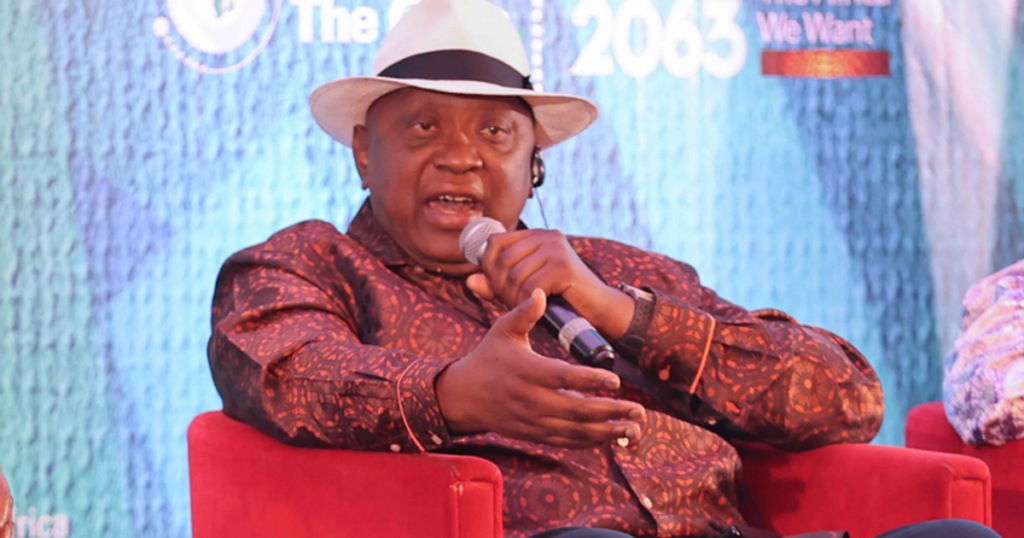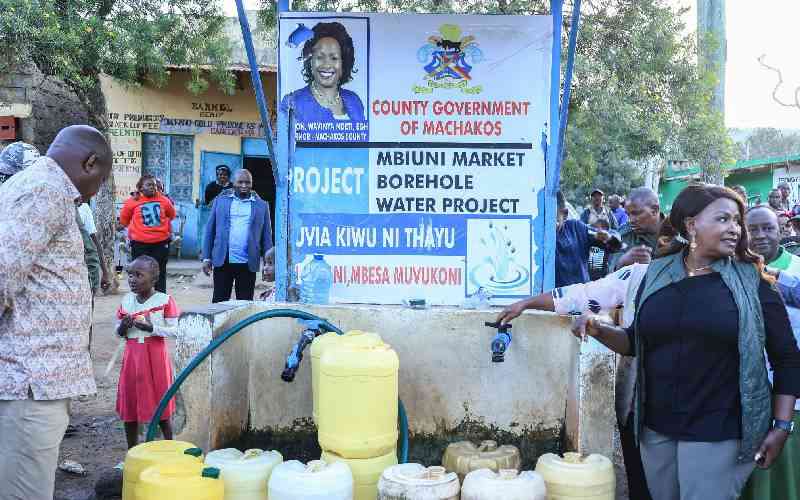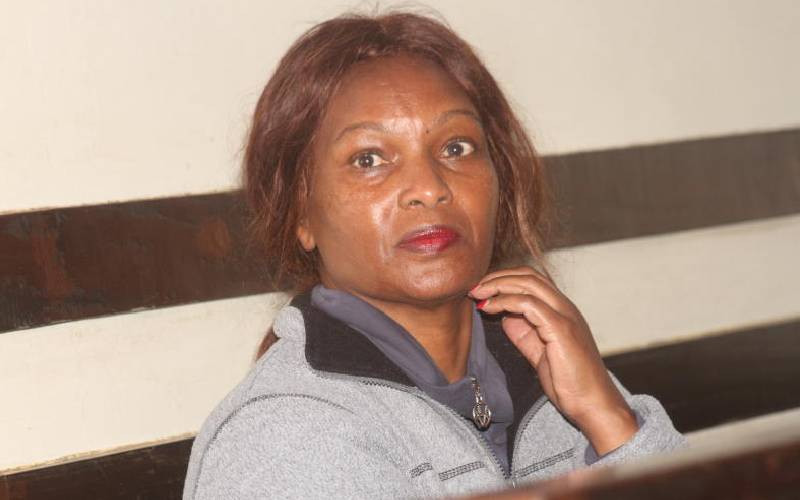The Institute of Engineers of Kenya (IEK) has accused the government of failing to involve the association in capital projects, instead relying on foreign contractors.
The institute noted that donors, mainly from the East, were carrying out major infrastructure works such as road construction, despite the availability of high-level expertise within the country.
This emerged during the first Women Engineers Convention at Sawela Lodge in Naivasha, where it was revealed that the number of women engineers in the county remained low.
According to EIK President Engineer Shammah Kiteme, the institute had no say in policy decisions involving capital-intensive projects in the country.
Kiteme noted that infrastructural contracts were signed by senior government officers and the donors abroad without the involvement of local experts, leading to a crisis later.
“Currently, we have been locked out of the contract for the Rironi-Mau Summit expressway, just like other projects, despite the high potential in the country,” he said.
Addressing the participants, Kiteme expressed the institute’s concern over the low number of women engineers in the country.
“The number of women engineers in the country stands at around 14 per cent despite the high number of projects, and it’s time that we addressed this,” he said.
On her part, Ida Odinga, who was the key speaker during the convention, raised the red flag over the high numbers of quacks in the sector, leading to a collapse of buildings.
Odinga, who is the CEO of Spectre Limited, noted that due to limited job opportunities, tens of engineers from the country had sought employment opportunities in other African countries.
“It’s worrying that the country has one of the lowest numbers of women engineers, but this can be blamed on imports, which are killing employment opportunities,” she said.
According to Engineer Margaret Ogai, a board member of the Engineers Board of Kenya (EBK), foreigners had taken over job opportunities that local engineers could undertake.
She added that the number of foreigners undertaking infrastructure projects was worrying, adding that this had been worsened by global trade wars that had affected job opportunities.
Stay informed. Subscribe to our newsletter
“Over 40 per cent of graduate engineers in the country do not have jobs, yet we have major contracts undertaken by foreigners,” she said.
EBK Chairman Engineer Erastus Mwongera said that they were working closely with government institutions to increase the number of women engineers in employment.
“We have over 40 per cent of women engineers who are unemployed and are working with the Ministry of Roads so that they can be given a chance, as they can deliver,” he said.

























